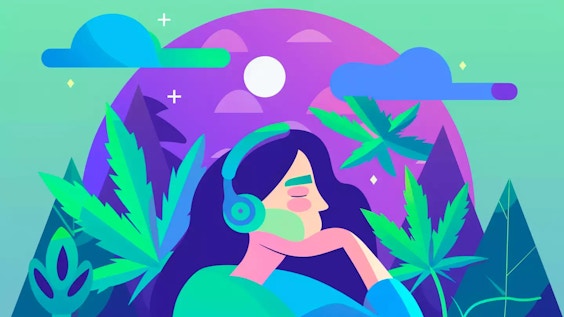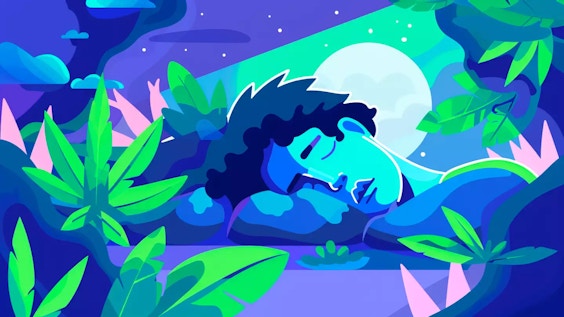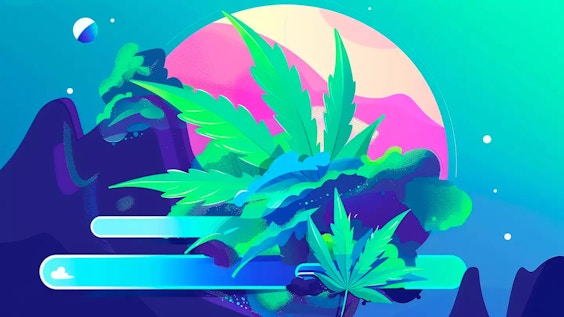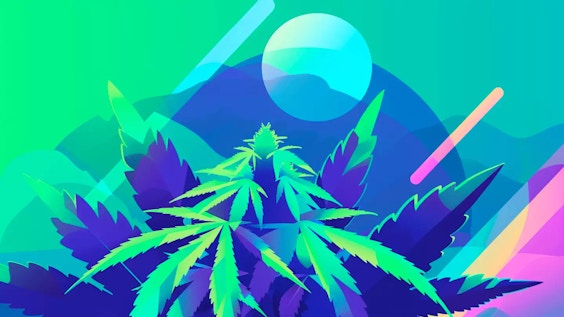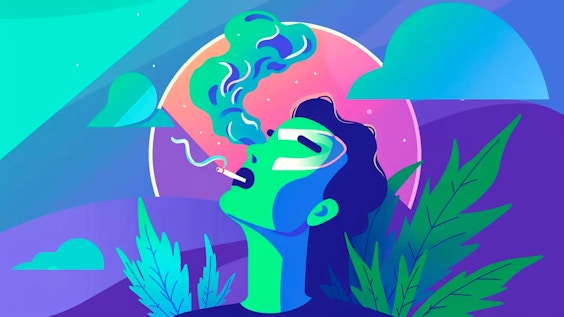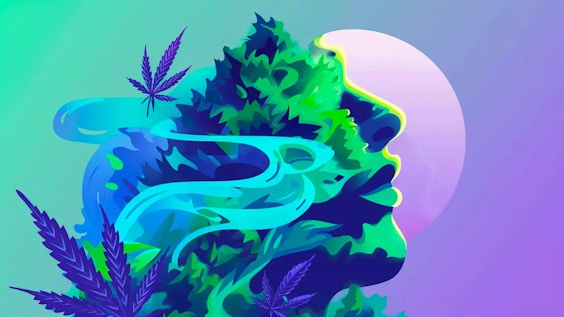I Am Sober is a free app that helps you get some control back in your life.
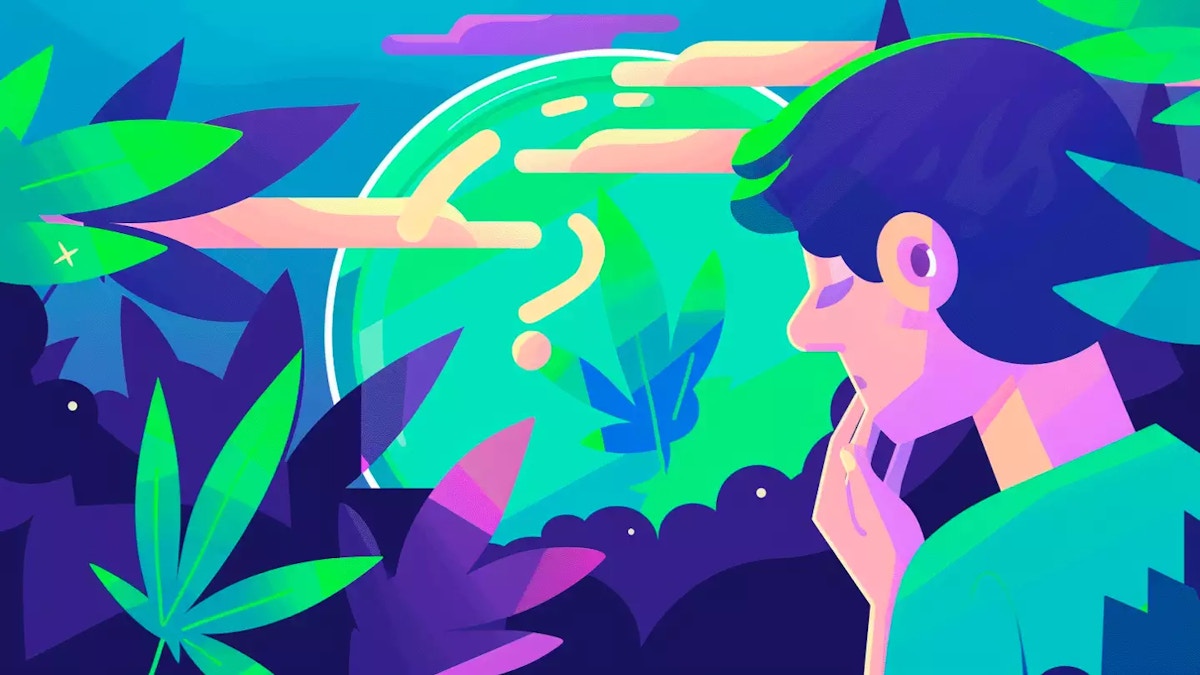
Am I Addicted To Marijuana?
Last Updated: Fri, March 29, 2024According to findings from a research study published in 2015 (though conducted over a ten year span), over 30% of people who use Marijuana suffer from Marijuana Use Disorder in the United States. Not only this, but people who start using cannabis before the age of 18, are 4-7 times more likely to develop the disorder. Of the estimated millions with marijuana use disorder, a small fraction seek help.
One of the reasons it's hard to diagnose an addiction to marijuana is due to the fact that the withdrawal symptoms are mild, if not absent entirely. Withdrawal symptoms are frequently used as a key factor in determining your level of dependency on a drug, but marijuana users are fortunate in that regard. With that in mind, the main way to determine if you have a problem with marijuana use is to remove the substance from your life and see how easy or difficult your daily life is. For many people who are addicted to marijuana, they will find it hard to go to the grocery store, watch a movie, hang out with friends, or even go to work without getting high. Then you'll know if you're psychologically addicted to marijuana.
How to know if you're Addicted to Marijuana
There's a number of questions you ought to ask yourself if you're finding it difficult to function until you've used marijuana. If you drift through your day like a ghost, thinking about when you can get high, that's a critical sign that you're addicted, but asking the following questions can be enlightening as well.
1. Are you using marijuana more often than you want to?
A sign that you may be depenedent on the substance is if you set out to use a certain amount and it turns into much more than that. Today, marijuana -- like alcohol -- is widely accepted (with 29 states in America legalizing some form of marijuana consumption). However, if you find yourself setting a limit to how much you want to use before doing something and consistently exceed it, then you may have a problem.
2. Do you spend a lot of time recovering from marijuana?
Most people enjoy the initial euphoria of marijuana, but there are far less who enjoy "coming down." They get lethargic, hungry, feel a sense of cloudiness, etc. Take inventory of how often you need to recover from marijuana, whether it's from the food you ate, the work/school you need to catch up on or the juice-and-jog detox you feel you need to do to shake off that cloudiness. How much time is dedicated, not just to the pursuit of the substance or using marijuana, but recovering?
3. Are you unable to cut back?
This is one of the ways people start to recognize they have marijuana use disorder. If you find yourself unable to function or perform daily activities without getting high, then marijuana has become a crutch -- an addiction.
4. Do you delay, reschedule, or skip social events due to your marijuana use?
If you find yourself cancelling on friends so that you can get high, then you may have a marijuana use disorder. Addiction functions where you seek to take care of your needs first. It's why many addicts can go long stretches of time without using their drug of choice, but every "choice" they make in the mean time is in service of getting their high. So, similarly, if you find yourself agreeing to attend certain events because you know you can get high and canceling others so you can make time to get high, then you have an addiction.
5. Has your marijuana use resulted in reckless or dangerous behavior?
It's illegal to operate a car (or motor vehicle) while you're under the influence of marijuana. If you found yourself upholding this rule at one time, but have started to become more loose with it, then that's a sign you have an addiction.
Seeking Help for Marijuana Use Disorder
If you found yourself saying yes to these questions, it's very likely that you're addicted to marijuana and you should seek out help. For people with marijuana use disorder, there are many options available including outpatient rehabilitation although some people find therapy to be the most effective. Therapy can help you realize why you started using marijuana in the first place.
One of the upsides to marijuana being legal (in most states) is you don't need to worry about being arrested for using an illegal drug. For many addicts, the fear of being arrested or getting a mark on their permanent record is enough to ward them away from seeking help. Marijuana, like alcohol, is widely accepted so seek help if you need it.
Another element to bear in mind however is how you've gone about using the drug. Because marijuana is mostly legal, there's a purity to the drug if you buy it from a licensed business. In the past however (when marijuana was illegal), you did run the risk of it being cut with other drugs, such as stimulants, opioids or hallucinogenics. While that's less common today, if you're not buying marijuana from a business, this can be something you should disclose and ideally get treatment for. In many cases, marijuana has been cut with opioids and stimulants to create a more addictive drug. This means you run the risk of becoming addicted to more than one drug. Again, while far less common today, it's another reason to seek professional help.
If you asked yourself the questions above and feel as though you might be addicted to marijuana, then consider getting help. Therapy can help through the initial withdrawal period, while the I Am Sober app can help you to monitor your progress and celebrate your success. Take back control one day at a time.
I Am Sober is a free app that helps you get some control back in your life.
